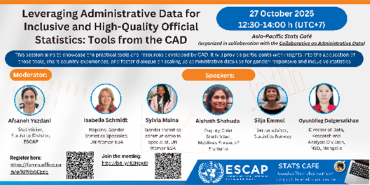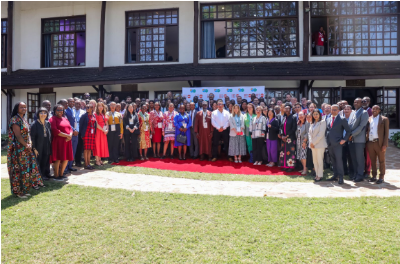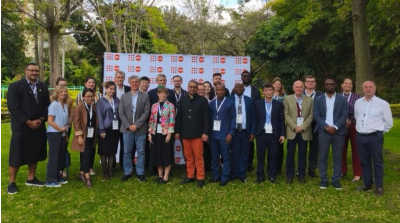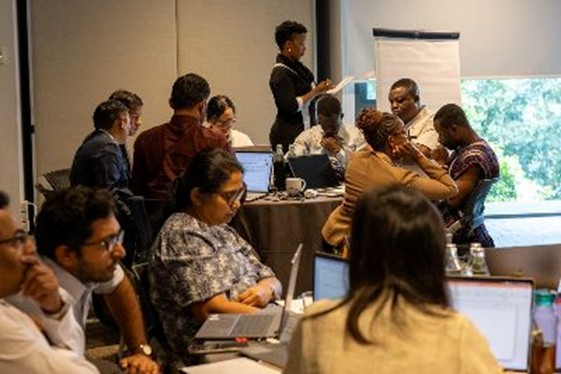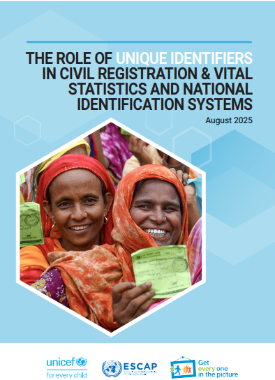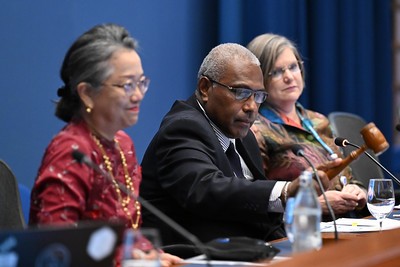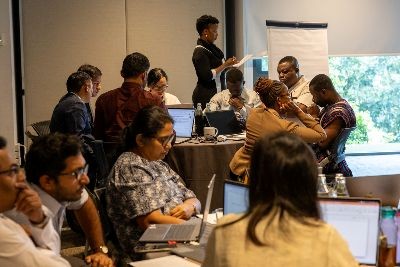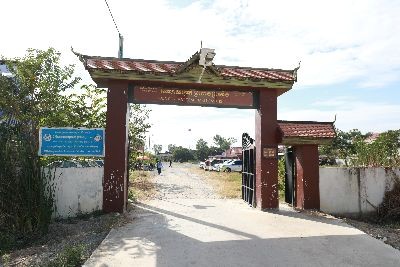Newsletter Nov. 2024
Our community newsletter puts a spotlight on people who have gone above and beyond in their efforts to support CRVS programmes in Asia and the Pacific, raise awareness of CRVS issues or lead CRVS improvement efforts in their home country or in the region. This month, we would like to dedicate this issue of Insight to Alfina Fasriani.
What is your current title and role?
I am a statistician at BPS-Statistics Indonesia, primarily working to produce population statistics, particularly demographics. My responsibilities include coordinating the development of data collection systems for population censuses and related surveys.
I am currently leading the implementation of the CRVS at BPS, a mission assigned to me by the Director of Population and Labor Statistics, as my mentor. This team was formed in response to the presidential decree regarding CRVS. My core team consists of 15 members from my directorate. However, the CRVS initiative involves many other teams from Legal, Public Relations, IT, Planning, and Finance. My team collaborates with the Ministry of Home Affairs, the Ministry of Planning, and the Ministry of Health. In carrying out this task, we also work closely with various partners.
This has presented distinctive challenges as a statistician. It requires not only data analysis but also extensive inter-agency coordination and dialogue.
Can you please share with us a particular experience which highlighted the importance of CRVS to you?
The COVID-19 pandemic is an awakening, an eye-opener to the critical role of a robust CRVS. While census funding was significantly reduced, expectations for the BPS to deliver data remained unchanged. Traditional data collection methods faced significant challenges. This crisis also highlighted the potential of administrative data.
Given Indonesia's vast territory, large population, and diversity, administrative population data holds immense promise. The mandatory Single Identity Number (SIN) for both citizens and foreign residents provides a solid foundation for data statistics source. Nevertheless, it is important to recognize that the quality of administrative data still presents challenges. Registration delays are a case in point. To overcome these obstacles, we must actively work to improve civil registration systems.
How are you currently involved in CRVS improvements?
According to regulations, the BPS is currently unable to directly process microdata. The BPS team provides assistance to the MoHA in data cleaning. Subsequently, the MoHA provides aggregate data to the BPS. Then, we collaborated on the writing. During this process, we have discussions and share perspectives from each other's viewpoints. This provides an opportunity to improve civil registration forms so that we can provide standardized variables. So, in addition to providing vital statistics, we are also jointly improving the upstream, the civil registration system.
This collaboration is based on Presidential Regulation No. 62/2019 regarding CRVS, which unfortunately will end in 2024. However, BPS still have a memorandum of understanding with the MoHA to collaborate in the coming years. I am also actively advocating for the creation of stronger regulations so that civil registration can continue to be improved and ultimately provide vital statistics that are responsive to the needs of the people.
Which advice would you give to others trying to improve CRVS systems?
Rome wasn't built in a day. Enjoy the journey. It is about time, perseverance, and teamwork. Celebrate small wins to keep our momentum going. And always listen.



